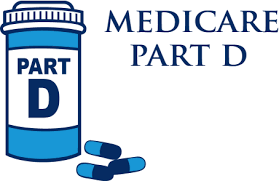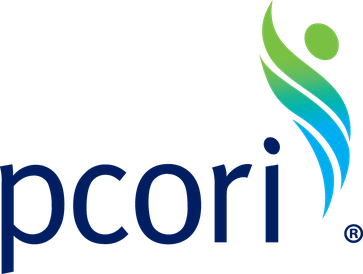Benefits Administration
Medicare Part D Disclosures due by March 1, 2025 for Calendar Year Plans Group health plan sponsors are required to complete an online disclosure form
On Dec. 23, 2024, President Joe Biden signed two bills into law that will streamline the Affordable Care Act’s (ACA) reporting requirements under Internal Revenue
To truly stand out, companies must go beyond offering only standard or legally required benefits. By expanding their offerings, employers can attract top talent and
The U.S. Department of Labor’s (DOL) Bureau of Labor Statistics (BLS) recently published a report examining employee benefits in the country. The estimates in the
Each year, Medicare Part D requires group health plan sponsors to disclose to individuals who are eligible for Medicare Part D and to the Centers
The U.S. Department of Labor (DOL), through its Employee Benefits Security Administration (EBSA), has released a new model Employer CHIP Notice with information current as
The Affordable Care Act (ACA) requires health insurance issuers and self-insured plan sponsors to pay Patient-Centered Outcomes Research Institute fees (PCORI fees). The fees are
A recent U.S. Department of Labor (DOL) final rule increases the salary thresholds used to determine whether executive, administrative and professional (EAP) employees are exempt
Understanding PEOs: Pros, Cons, and When They’re the Right Fit for Your Business In the complex landscape of employee benefits and workforce management, businesses often
The IRS has released the inflation-adjusted limit for excepted benefit health reimbursement arrangements (EBHRAs) for plan years beginning on or after Jan. 1, 2025. Effective








